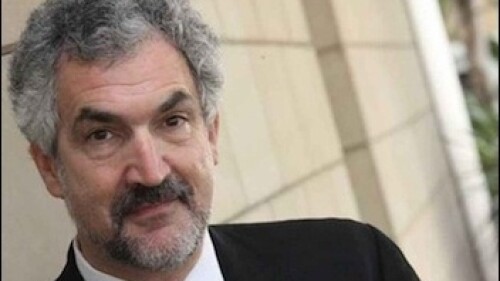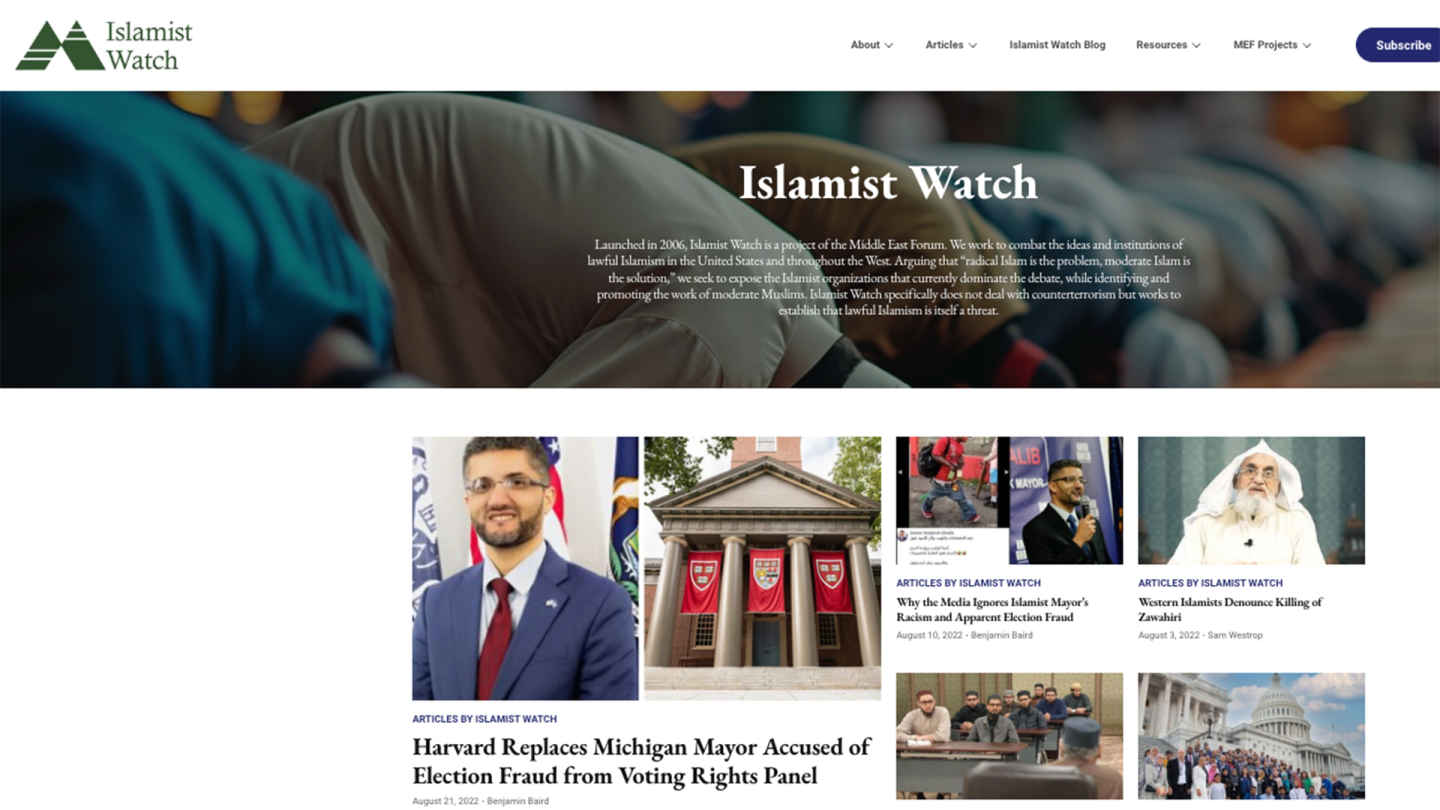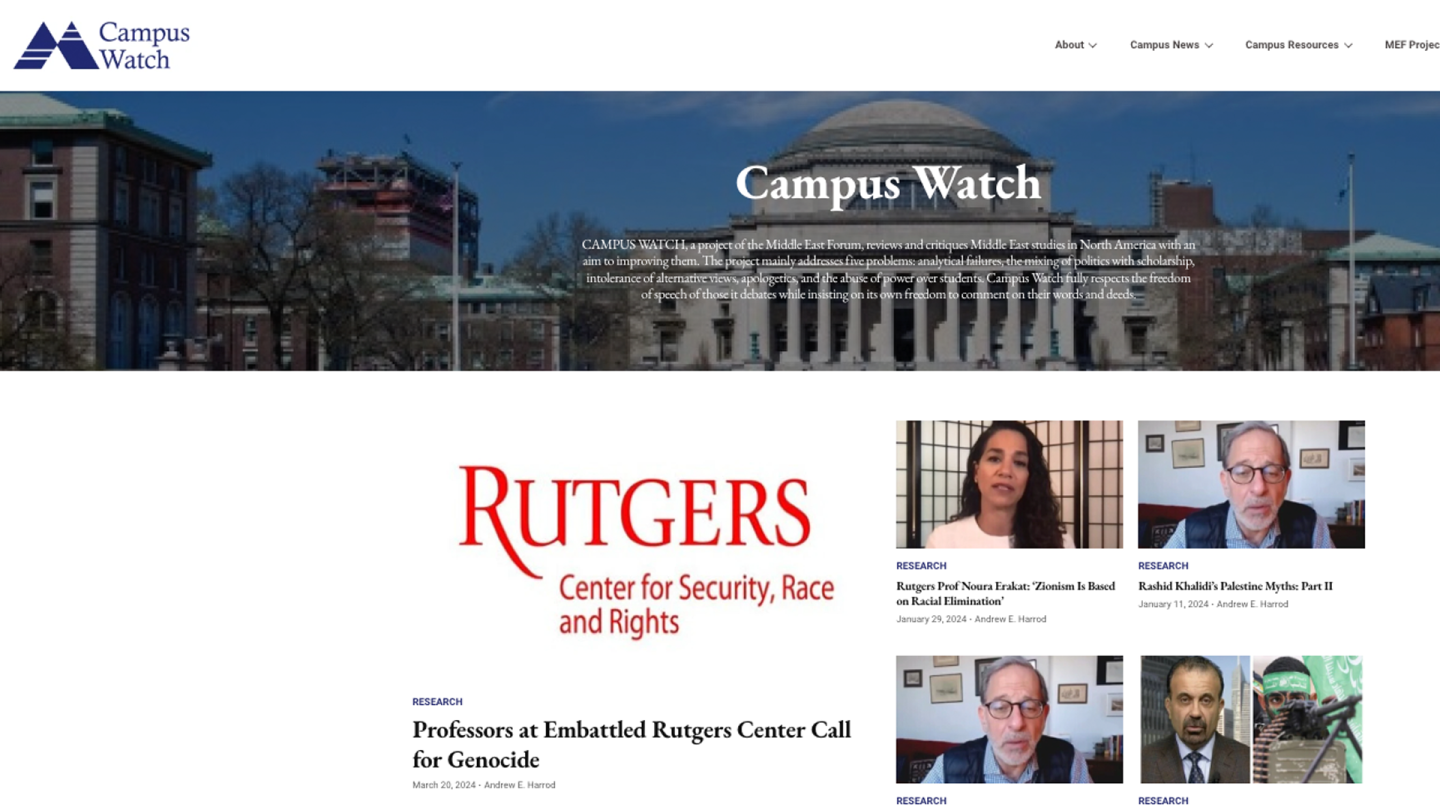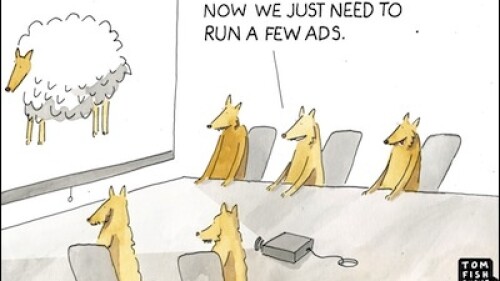Biden’s Administration Was Relatively Short, but It Coincided with Iranian Enrichment to near Bomb-Grade Levels and the Normalization of Hamas
CAIR Encourages Illegal Immigrants to Evade Law Enforcement
The Trump Administration Has Not Ended Foreign Aid, but Questions Whether It Serves the American Taxpayer
Protest Music, Islamism, and the Last Days of Egypt’s Sadat
The Monstrous Blackmail That Israel Agreed to Pay to the Gaza Jihad Also Feeds on the Psychological Torment of Those Who Have Returned
Trump Is Correct to Calibrate Policy to Reality Rather than Wishful Thinking. Yemen Would Be a Good Place to Start
Moving the Palestinians to Egypt and Jordan Would Be a Massive Undertaking
Canadian Charity to Host Speaker Who Incited Unrest in the U.K. in 2022
HTS Has Shown It Seeks to Establish Something Blending Arab Nationalism and Sunni Islamist Supremacy
Spotlight: Should Syria Be Decentralized?
The Sunni jihadists ruling Syria claim to have abandoned violence. But whether directly and through proxies, their role in a series of armed attacks on minorities is undeniable. Druze and Alawites have suffered horrific killings, with Kurdish regions also being hit. In response to this sectarian slaughter, some minority communities are demanding autonomy or federalism.
Does Syria have a future as a unified country governed from Damascus? Or would its many minority groups be better served by a decentralized system, if not the breakup of the country into smaller, self-governing polities protected by Israel or others? MEF’s staff and fellows are actively engaged in analyzing this issue, as this selection of their work shows.
Does Syria have a future as a unified country governed from Damascus? Or would its many minority groups be better served by a decentralized system, if not the breakup of the country into smaller, self-governing polities protected by Israel or others? MEF’s staff and fellows are actively engaged in analyzing this issue, as this selection of their work shows.
In Just Eight Months of Sunni Islamist Rule in Syria, Already Three Large-Scale Incidents of Sectarian Violence Have Taken Place
Middle East Quarterly - Current Issue
Founded in 1994 by Daniel Pipes, MEQ is the Middle East Forum’s journal intended for both scholars and the educated public. Policymakers, opinion-makers, academics, and journalists write for and read the Quarterly, which is known for exclusive interviews, in-depth historical articles, and book reviews on subjects ranging from archaeology to politics and on countries from Morocco to Iran.
Fall 2025 Volume 32: Number 4
Fall 2025 Volume 32: Number 4
Middle East Forum Observer
Founded in 2024, the Observer provides rapid analysis on leading Middle East developments, from Marrakech to Mashhad and the Bab el-Mandeb to the Black Sea.
Launched in 2006, Islamist Watch is a project of the Middle East Forum. We work to combat the ideas and institutions of lawful Islamism in the United States and throughout the West. Arguing that “radical Islam is the problem, moderate Islam is the solution,” we seek to expose the Islamist organizations that currently dominate the debate, while identifying and promoting the work of moderate Muslims.
CAMPUS WATCH, a project of the Middle East Forum, reviews and critiques Middle East studies in North America with an aim to improving them. The project mainly addresses five problems: analytical failures, the mixing of politics with scholarship, intolerance of alternative views, apologetics, and the abuse of power over students. Campus Watch fully respects the freedom of speech of those it debates while insisting on its own freedom to comment on their words and deeds.






![Houthis know the port of Hudaydah [Hodeida] (above) is their lifeline and work proactively to ensure it remains in their hands.](https://cdn-mef.meforum.org/dims4/default/99b57eb/2147483647/strip/true/crop/5184x2916+0+270/resize/568x320!/quality/90/?url=https%3A%2F%2Fk2-prod-mef.s3.us-east-1.amazonaws.com%2Fbrightspot%2F52%2Fe6%2F98d7c2014bbb9ecde6dddbabbafb%2Fhudaydah-hodeida-yemen.jpg 568w,https://cdn-mef.meforum.org/dims4/default/7b23945/2147483647/strip/true/crop/5184x2916+0+270/resize/768x432!/quality/90/?url=https%3A%2F%2Fk2-prod-mef.s3.us-east-1.amazonaws.com%2Fbrightspot%2F52%2Fe6%2F98d7c2014bbb9ecde6dddbabbafb%2Fhudaydah-hodeida-yemen.jpg 768w,https://cdn-mef.meforum.org/dims4/default/aaeeff7/2147483647/strip/true/crop/5184x2916+0+270/resize/1024x576!/quality/90/?url=https%3A%2F%2Fk2-prod-mef.s3.us-east-1.amazonaws.com%2Fbrightspot%2F52%2Fe6%2F98d7c2014bbb9ecde6dddbabbafb%2Fhudaydah-hodeida-yemen.jpg 1024w,https://cdn-mef.meforum.org/dims4/default/34ce0df/2147483647/strip/true/crop/5184x2916+0+270/resize/1440x810!/quality/90/?url=https%3A%2F%2Fk2-prod-mef.s3.us-east-1.amazonaws.com%2Fbrightspot%2F52%2Fe6%2F98d7c2014bbb9ecde6dddbabbafb%2Fhudaydah-hodeida-yemen.jpg 1440w)













































